As an African American female, you always want your hair to look amazing. Something about looking put-together all of the time makes me feel a million times better. Keeping up with yourself, on the other hand, can be very costly. Black hair isn’t always ideal to wear out because it can be difficult to manage (depending on your hair texture). It can be damaged if it is straightened frequently, and too much manipulation might lead to breakage. Protective styles are the greatest option, but they can be costly.
Braids, locs, wigs, and installations are some of the greatest protective styles to get. Braids are my favorite style to obtain because they are simple to remove and usually aren’t very pricey (depending on the style). In the last ten years, Black people have made such a significant impact, yet we don’t always get the credit we deserve. Other races, for example, are inspired by the styles worn by Black people and decide to try them out. This isn’t limited to hair; it also applies to clothing. When Black people do things, they are perceived as ghetto and unprofessional, yet when white people do things, they are perceived as creative.
Despite the fact that Black individuals are some of the most powerful people in the hair industry, we are frequently disregarded when it comes to money. Some of the most well-known hair care brands, such as Cantu, are not Black-owned. Other hair care businesses, such as Shea Moisture and Creme of Nature, were founded by African-Americans and, as a result, I believe they should receive more support from the Black community. If you go to a hair salon, you’ll find that most stylists only know how to do white hair unless they’re Black or Dominican. This is why many Black individuals are choosy about where they have their hair done since they don’t want it messed up.
Beauty supply businesses are a favorite haunt of Black people. Hair, lip gloss, makeup, hair accessories, hair care products, and a variety of other items are available at the beauty supply store. You’d think that since the majority of beauty supply stores’ customers are African Americans, they’d be Black-owned, right? If you believe this, you are unfortunately misinformed. The majority of beauty supply stores in the PG county area are owned by Asians. From beauty supply stores to clothes stores to carry outs, China and Asia make a great profit off of Black people. Because we are the only ones who really understand our hair, more African Americans should work in the hair industry and create goods for Black people.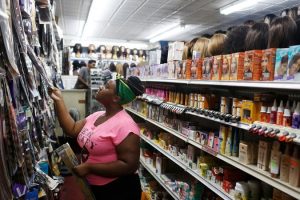
In our neighborhood, there are a few Black-owned beauty supply stores and hair salons, such as EL&S Beauty Supply in Laurel Md., and Apex Beauty Supply located in Camp Springs, Md., but they are overshadowed by the more well-known non-Black-owned businesses. Another reason why Black-owned hair businesses may be less well-known is that they are significantly more expensive than your average beauty supply store. Why pay more for the same things if you can get them for less? I feel that Black-owned beauty supply outlets will emphasize the importance of hair care for Black women and encourage young girls to appreciate their hair even more.
If you come across a Black-owned business (not simply one that deals with hair), attempt to support or even promote it. That one purchase or Instagram post could brighten their day and help them build their business. Anyone with the ability to start a business in the hair industry, whether doing hair, selling hair, or building a salon, may make it large. If you have a passion for doing hair, you should go for it since you never know how big you could become.
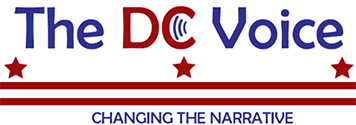










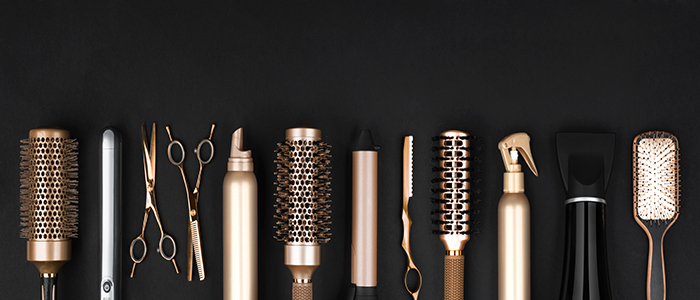
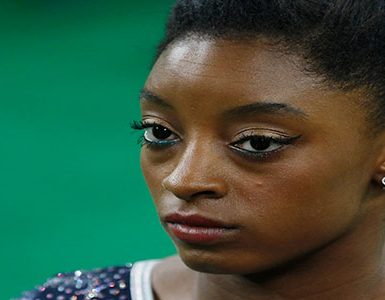
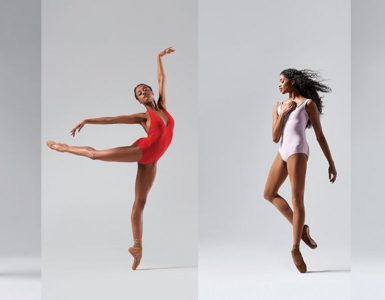
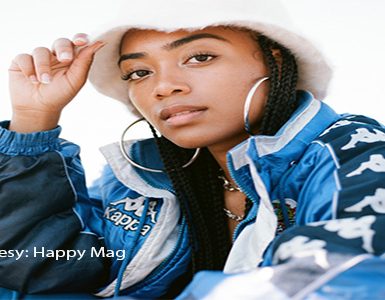

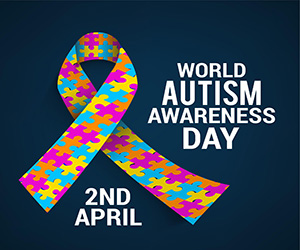
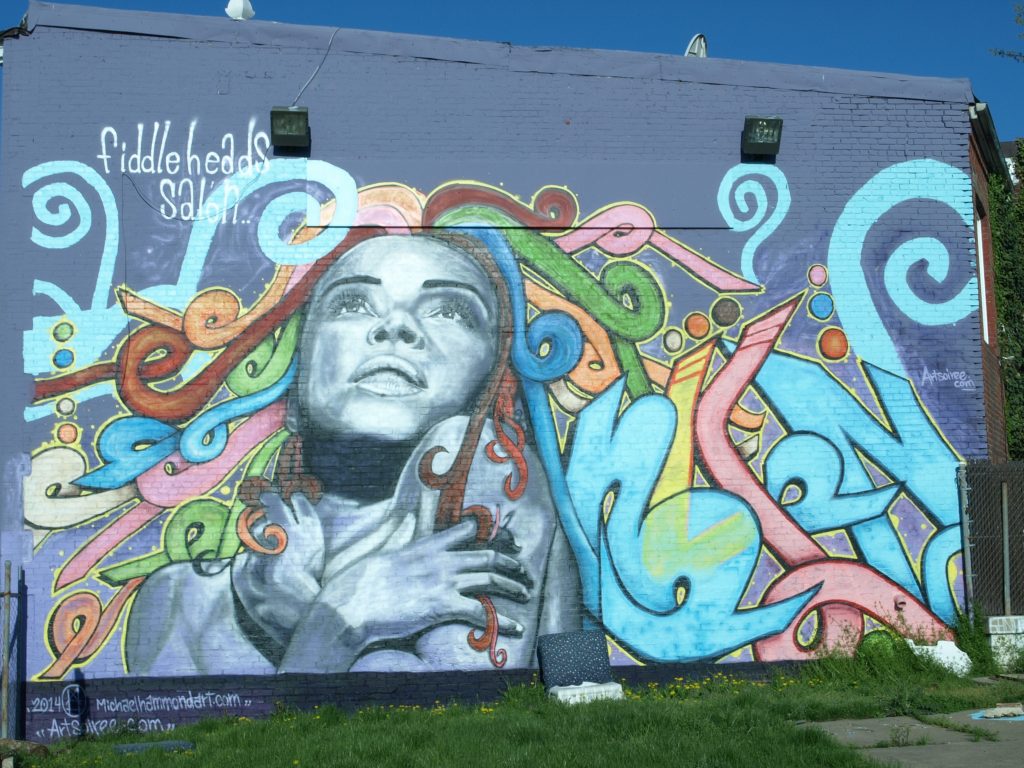
Add comment